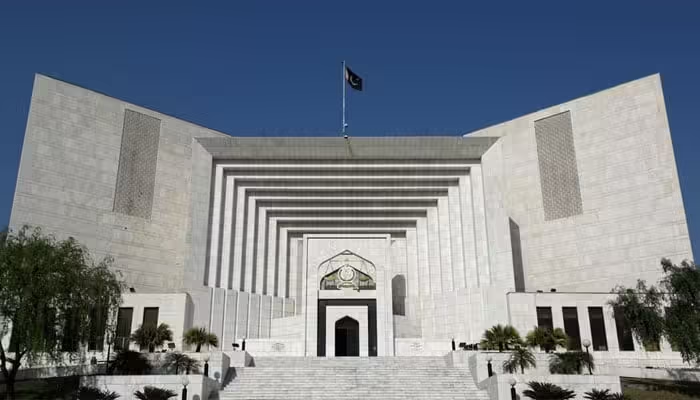In the Safar case, high-profile witnesses from Pakistan, scrutinized by the courts, have presented statements that intensify the serious allegations against Prime Minister Imran Khan. The allegations, based on three key points, have further complicated his position: firstly, the utilization of confidential correspondence for political gains; secondly, causing harm to Pakistan’s relations with the United States; and thirdly, refusing to return or misplacing the crucial documents.
The statements given by witnesses from the Federal Investigation Agency (FIA) have shed light on a conspiracy allegedly orchestrated by Imran Khan to manipulate the Safar material for political mileage and counter the Motion of No Confidence initiated by opposition parties against his government.
According to the evidence presented, it becomes apparent that Imran Khan’s political maneuvering has not only affected Pakistan’s relationship with the United States but has also potentially benefited other foreign nations. This highlights the sensitive nature of the Safar case, indicating its significant implications.
Documentation available to Dawn News reveals the gravity of this case. The application in the Safar case was filed by Secretary Interior Yousaf Naseem Khokhar, while high-profile witnesses included Secretary Prime Minister Shah Mahmood Qureshi, former Foreign Secretary Sohail Mahmood, former appointed Ambassador to the United States Asad Majeed Khan, Additional Secretary (America) at the time, and the current Ambassador of Pakistan to the United Arab Emirates, Faisal Niaz Tirmizi. The Director General of the Foreign Office, Nauman Bashir Bhatti, Joint Secretary PM Office Shoaib Sarwar, Joint Secretary PM Office Hasib Gohar, Deputy Secretary PM Office, Deputy Director Secretariat Section Political at the Foreign Ministry, and Deputy Secretary PM Office were also part of the proceedings.
Secretary Interior Khokhar stated that the government had authorized him under the Official Secrets Act to file a complaint with the FIA regarding the Safar case.
Secretary Prime Minister Shah Mahmood Qureshi, in his statement, alleged that Imran Khan misinterpreted Safar’s contents and pressured him to craft a statement that could be used effectively by opposition parties and state institutions against him.
Qureshi claimed that Imran Khan intended to use the Safar Telegram to counter the Motion of No Confidence, implying collaboration with the establishment and the United States. Qureshi revealed that he had informed the Prime Minister about Safar’s sensitive nature and its inappropriateness for public disclosure. However, Imran Khan allegedly dismissed his concerns.
Furthermore, Secretary PM Office Shoaib Saroor stated that Imran Khan intended to manipulate Safar’s material to construct a political narrative that portrayed opposition parties collaborating with the establishment and the United States to overthrow his government.
Additionally, Asad Majeed Khan, Pakistan’s Ambassador to the United States at the time, informed Donald Lu, the U.S. envoy, about their meeting and later dispatched the same message to the Islamabad Foreign Office. However, he emphasized that there was no mention of ‘threat’ or ‘conspiracy’ in his conversation with Lu.
As these revelations unfold, the Safar case continues to be a focal point, unraveling intricate details that have far-reaching consequences for Pakistan’s political landscape. The case underscores the critical need for transparency, accountability, and adherence to the law, shaping the ongoing debate around political ethics and governmental conduct.



